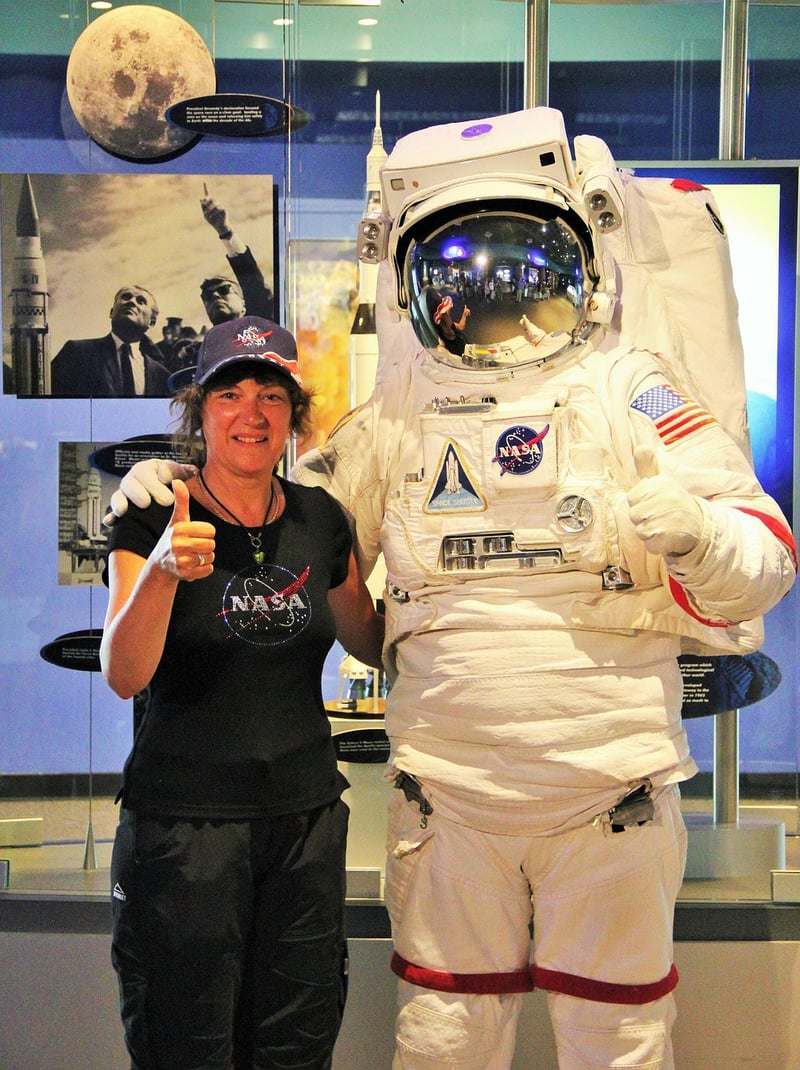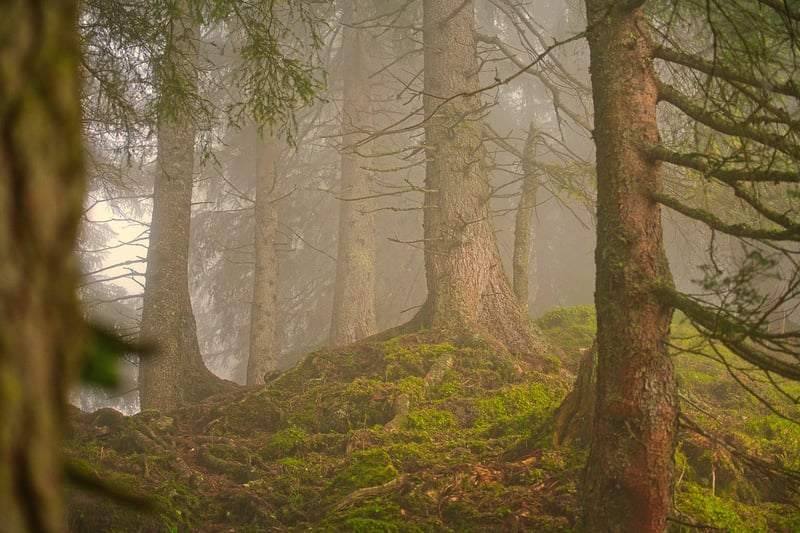Future Exploration
Exploring Different Eras and Future Exploration
Introduction
Exploring various historical eras provides us with a glimpse into the past, helping us understand how societies have evolved over time. Additionally, the concept of future exploration ignites our curiosity about what lies ahead and the possibilities that await us. Let's delve into the exploration of different eras and the exciting prospects of future exploration.
Exploring Different Historical Eras
Each historical era has its unique characteristics, from the ancient civilizations of Egypt and Mesopotamia to the Renaissance period and the Industrial Revolution. Exploring these eras through archaeological discoveries, historical documents, and art allows us to appreciate the advancements and challenges faced by our ancestors.
Ancient Civilizations
Ancient civilizations like the Egyptians, Greeks, and Romans left behind monumental structures, intricate artworks, and rich cultural legacies. By studying these civilizations, we gain insights into their social structures, belief systems, and technological achievements.

The Renaissance
The Renaissance marked a period of great cultural and intellectual growth in Europe, leading to advancements in art, science, and literature. Exploring the works of Leonardo da Vinci, Michelangelo, and other Renaissance figures allows us to appreciate the rebirth of classical ideals.

Industrial Revolution
The Industrial Revolution transformed societies through technological innovations, urbanization, and changes in manufacturing processes. By studying this era, we can understand the impact of industrialization on labor, economy, and the environment.

Future Exploration
Looking towards the future, exploration takes on new meanings with space exploration, technological advancements, and environmental sustainability at the forefront. The following are some areas of future exploration that hold immense potential:
Space Exploration
Advancements in space technology have enabled us to explore distant planets, moons, and galaxies. Future missions aim to establish human settlements on Mars, study exoplanets for signs of life, and unravel the mysteries of the universe.

Technological Innovations
Rapid advancements in artificial intelligence, robotics, and biotechnology are shaping the future of exploration. From self-driving cars to medical breakthroughs, technology continues to push the boundaries of what is possible.

Environmental Sustainability
Exploring ways to protect our planet and promote sustainability is crucial for the future of our world. Initiatives like renewable energy, conservation efforts, and eco-friendly practices are essential for ensuring a healthy environment for future generations.

Conclusion
Exploring different historical eras helps us appreciate our past, while future exploration opens up a world of possibilities for innovation and discovery. By embracing both our history and the potential of future exploration, we can create a better world for generations to come.
